How Long Do Solar Panels Last in Florida?
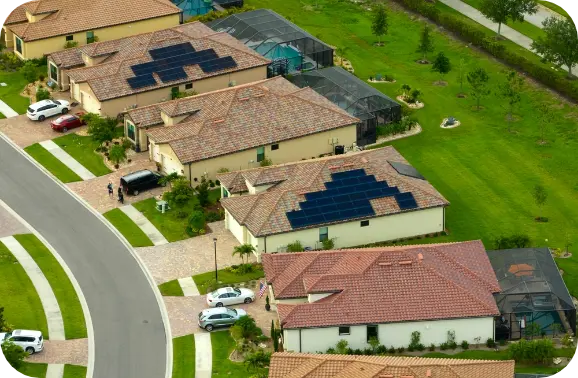
Solar panels are a popular choice in Florida, where sunshine is abundant. However, while solar energy offers many benefits, Florida’s unique climate can impact the lifespan of solar panels. Below, we’ll discuss the factors that affect solar panel lifespan, how often solar panels need to be replaced, and how you can maximize the durability of your system.
Why Is Florida Rough on Solar Panels?
Florida is the top state in the nation for tropical storms and hurricanes. Its large coastline and warm waters make the state vulnerable to these conditions. And while some people think there are parts of the coastline that are safe from hurricanes, this is a common misconception. The entire coast has been affected by at least one hurricane in the last 200 years. These storms can cause significant damage to solar panels, which can decrease their efficiency and lifespan.
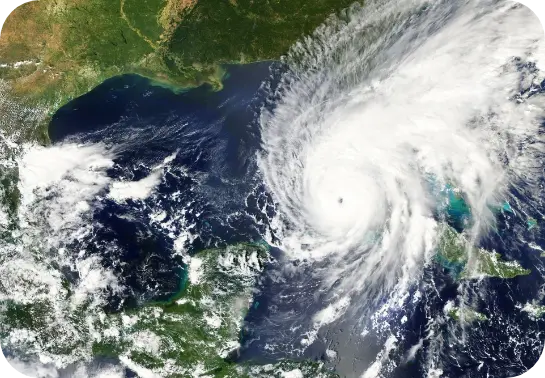
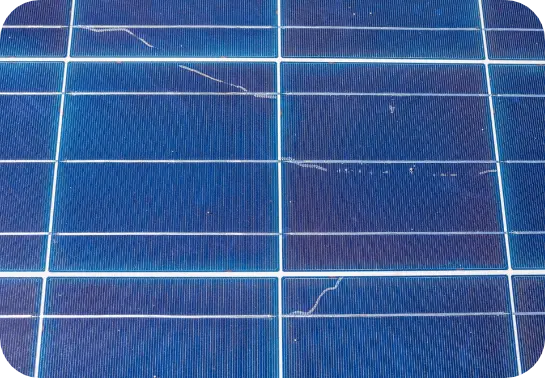
Environmental Factors That Degrade Your Panels
Several environmental factors can damage your panels, which affects how long solar panels last in Florida. Thermal cycling can cause mechanical stress and eventually cause cracks. High humidity plus heat can cause corrosion and electrical damage, while exposure to cold temperatures can cause contraction and potential damage to sensitive components. Prolonged UV exposure can also shorten solar panels’ lifespan because it can degrade the protective layers on the panels.
Make the Switch to Solar Today
Are you interested in installing solar or replacing your panels in Florida? Contact Axia by Qcells! Our team has decades of experience to help you navigate the process of transitioning to solar energy. We’re dedicated to providing exceptional products and customer service to ensure an easy transition to solar power.
Solar Panel Warranty
Solar warranties typically cover material and installation defects for a specific amount of time. They can last between 10 to 25 years, depending on the manufacturer. Some manufacturers may also offer a performance guarantee, which ensures the solar panels will maintain a minimum level of energy production over time. Both of these can play a role in how often solar panels need to be replaced.
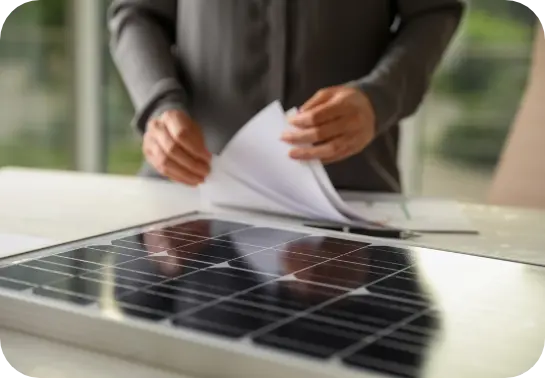
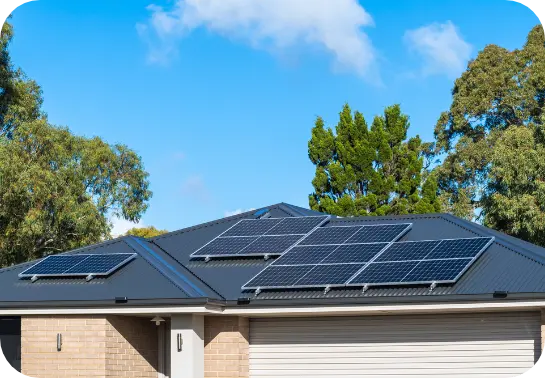
How Long Do Solar Panels Usually Last?
Most solar panels can last for around 25 years. However, several factors, such as panel tier, installation quality, and maintenance, can affect the actual lifespan. Panel tier refers to the quality and efficiency of the panels. These significantly influence panel lifespan, with higher-tier panels typically lasting longer. Installation quality can also impact longevity because proper installation techniques ensure optimal performance and durability. Regular maintenance is crucial for maximizing panel lifespan. Cleanings and inspections can prevent issues like dirt buildup, shading, and potential damage.
Monocrystalline vs. Polycrystalline
Two common types of solar panels are used for home solar systems: monocrystalline and polycrystalline. Monocrystalline panels can last for 40 years or longer, while polycrystalline panels last between 20-35 years, depending on the factors mentioned above. The type of panels you should use will largely depend on your budget and roof size. Monocrystalline panels take up less space and are more productive, but they’re more expensive. Polycrystalline panels need more roof space and are less efficient, but they’re a more affordable option.
Extending Your Solar Panel’s Life in Florida Weather
If you want to extend your solar system’s lifespan, first, make sure to use proper installation techniques. These include secure mounting and weatherproofing to withstand the high winds and rain expected in Florida. Regular cleaning is also necessary to maintain performance. Dust, dirt, and debris can collect on your panels and reduce efficiency. The final step is to schedule regular inspections to find potential issues or damage before they become major problems.
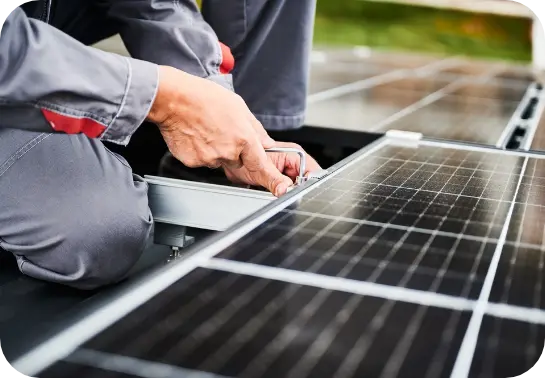
How Often Do Solar Panels Need to Be Replaced?
Solar panels have high durability and a long lifespan. The need for replacement depends on the panel’s quality, maintenance, and environmental conditions. Generally, most solar panels experience a gradual decline in efficiency over time rather than sudden failure. Routine inspections and monitoring can help find any issues early on so problems can be fixed quickly.
Signs You Need to Replace Your Panels
Sometimes, your solar panels show signs that it’s time to replace them. If you notice any of the following indicators, talk with a professional solar company to determine if replacement is necessary.
Panel Efficiency Has Dropped
A noticeable decrease in efficiency is a clear indicator that it might be time to replace your panels. A drop in efficiency can result from several factors, including photovoltaic cell breakdown or shading issues. While regular cleaning and maintenance can reduce some efficiency losses, replacement may be the best choice if the panels continue to underperform.
You Can See Physical Damage
Physical damage to solar panels can significantly impact their functionality and lifespan. Visible signs of damage, like cracks, chips, or panel corrosion, indicate structural weaknesses that can affect their effectiveness. In cases where physical damage is irreparable, it’s necessary to replace the affected panels to maintain the overall performance and safety of the system.
It’s Time to Upgrade
As solar technology advances, older systems may become outdated in terms of performance. If you’ve used your solar panels for a considerable amount of time, upgrading to a newer system with higher efficiency ratings can be beneficial. Upgrading lets you take advantage of the latest advancements in solar technology, which may increase energy production, reduce maintenance, and improve the overall return on investment.
Get Your Quote on Florida Solar Panels
Transitioning to solar energy offers many benefits for Florida homeowners and the environment. Whether you want to help create a cleaner ecosystem or lower your energy bills, solar power offers a sustainable and cost-effective solution. At Axia, we provide personalized quotes and expert guidance to help you seamlessly transition to clean and renewable solar energy. We also create tailored solar systems to meet your unique needs. Contact us today to take the first step towards a more sustainable future with solar.